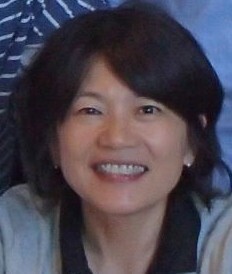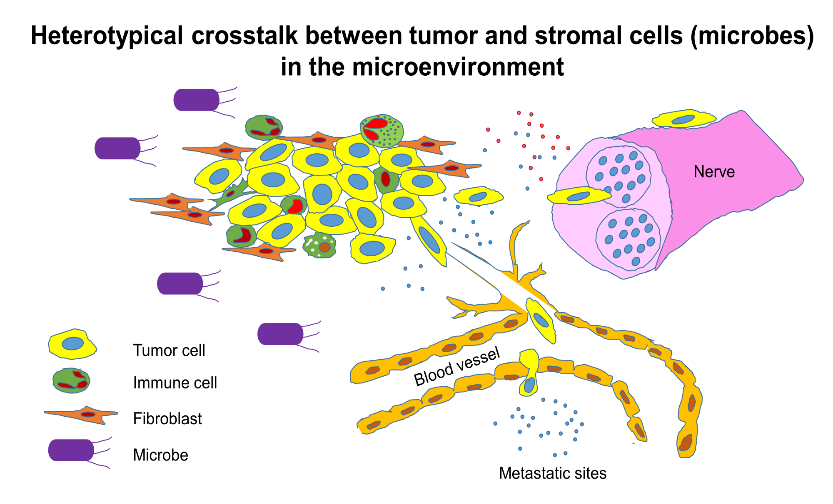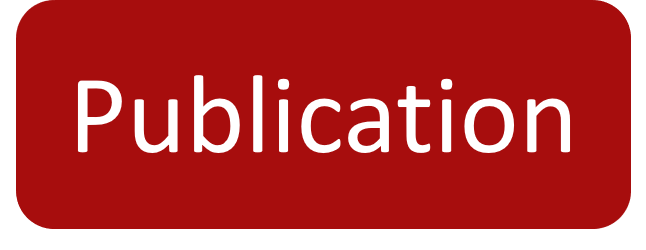吳梨華 Li-Wha Wu

Li-Wha Wu, Ph.D.
E-mail:liwhawu@mail.ncku.edu.tw
TEL:06-2353535 ext 3618(off.) ext 3620(lab.) FAX:06-2095845
Angiogenesis and Cancer Research Lab
|
Educations / Professional Experience |
||
|
Educations |
1993 |
Ph.D. Genetics ,University of Minnesota, Twin Cities, MN, USA |
|
1985 |
B.S. Food Science, National Chung Hsing University, Taichung, Taiwan |
|
|
Current Position |
2022/8 - |
Institute director, Institute of Molecular Medicine, College of Medicine, National Cheng Kung University |
|
2009 - |
Professor, Institute of Molecular Medicine, College of Medicine, National Cheng Kung University |
|
|
Professional Experience |
2004 - 2009 |
Associate Professor, Institute of Molecular Medicine, College of Medicine, National Cheng Kung University , Tainan, Taiwan |
|
2012 - 2013 |
Visiting Scholar, Department of Pharmacology, School of Medicine, University of California, San Diego |
|
|
2007/6 - 2007/6 |
Visiting Scholar, Dr. Carlo Croce's Lab, Comprehensive Cancer Center, Ohio State University, Columbus, OH, USA . |
|
|
1999 - 2004 |
Assistant Professor, Institute of Molecular Medicine, National Cheng Kung University Medical College, Tainan, Taiwan |
|
|
1998 - 1999 |
Visiting Research Associate, Department of Microbiology and Immunology, Indiana University, Indianapolis, IN, U.S.A |
|
|
1996 - 1997 |
Postdoctoral Fellow, Walther Oncology Center, Indiana University Medical Center, Indianapolis, IN, U.S.A. |
|
|
1993 - 1996 |
Postdoctoral Fellow, J. L. Pettis Memorial VAMC, Loma Linda, CA, U.S.A. |
|
|
1989 - 1990 |
Teaching Assistant for Genetics, Department of Genetics and Cell Biology, University of Minnesota, Twin Cities, MN, U.S.A. |
|
|
1987 - 1993 |
Research Assistant, Department of Genetics and Cell Biology, University of Minnesota, Twin Cities, MN, U.S.A. |
|
|
1986 - 1993 |
Graduate Student, Department of Genetics and Cell Biology, University of Minnesota, Twin Cities, MN, U.S.A. |
|
|
1985 - 1986 |
Research Associate, Panlabs, Inc., Taipei, Taiwan |
|
|
Expertise /Research Interests |
|
|
Molecular biology, tumor biology, angiogenesis, oral carcinogenesis, and wound repair |
|
|
Research Interests |
Angiogenesis, formation of new blood vessels from existing endothelium, is essential for formation of mature vasculature and organogenesis during animal development, wound repair and female reproductive cycle in adults. This complex process involves basal lamina dissolution, migration, proliferation and differentiation of endothelial cells. Dysregulation of angiogenesis has been associated with tumor formation and metastasis and certain skin diseases. W focus on studying the molecular mechanism underlying these two diseases, and the altered activity of angiogenesis a other stromal components in the development of either disease. Our ultimate goal is facilitating the development of theranostic targets for oral cancer and inflammation related skin diseases. |
|
Research Directions |
My research interests are divided into three parts:
Second: Since cancer is now known to be a never-healed wound, we will also use genetic manipluation to study the role of our candidate genes in puncture-induced wound healing using both molecular and cellular approaches. Third: We will evaluate the possibility of using drug repurposing for treating both human pathologies. |


